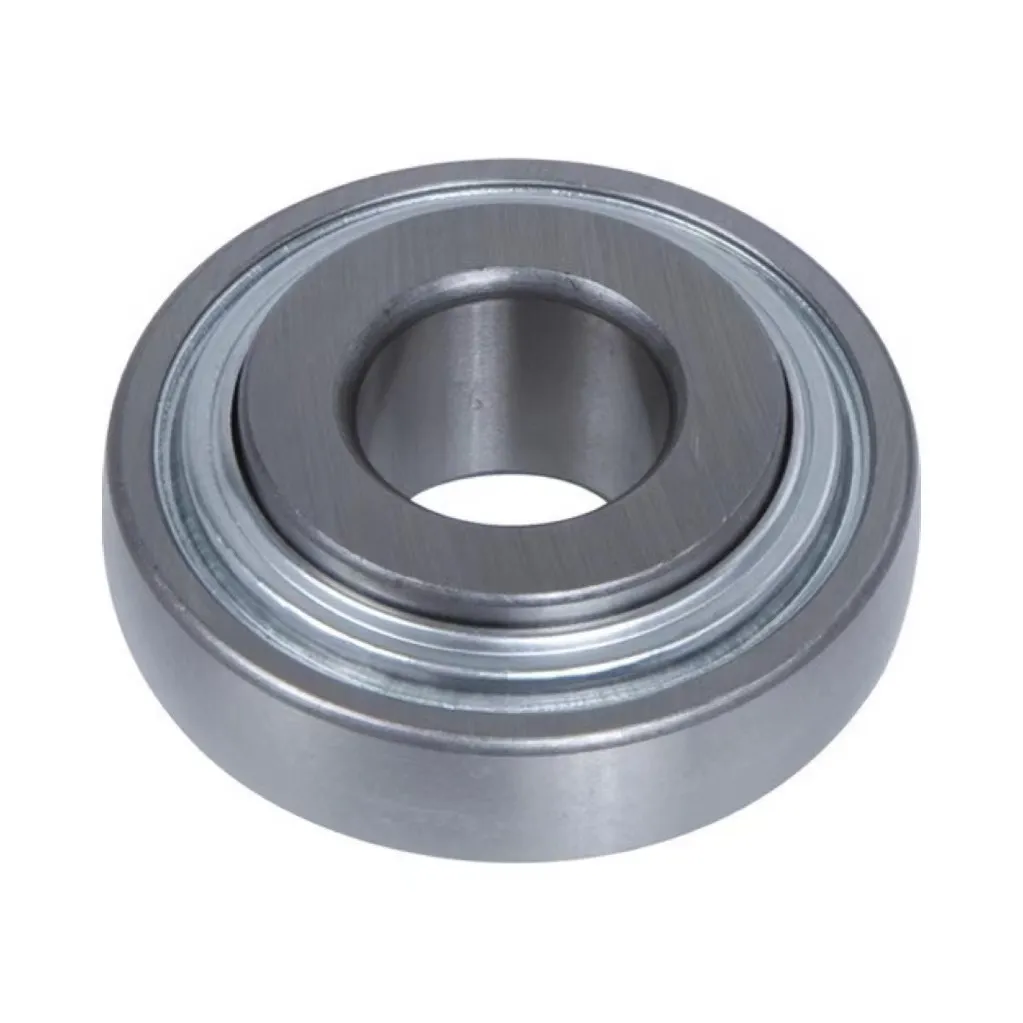Dec . 16, 2024 02:34 Back to list
Innovations in Special Bearings for Enhanced Performance and Durability in Engineering Applications
The Importance of Bearing Specialization in Modern Engineering
In today’s rapidly evolving engineering landscape, the term bearing special encompasses a range of specialized bearings designed to improve performance, efficiency, and longevity in various applications. Bearings are critical components in machines, allowing for smooth rotation and movement while minimizing friction between surfaces. As technology advances, the demand for bearings tailored to specific environments and functions continues to grow, leading to the rise of specialized bearing solutions.
Understanding Bearing Types
Bearings come in various forms, each suited to particular applications. The most common types include ball bearings, roller bearings, and sleeve bearings.
- Ball Bearings Known for their ability to handle both radial and axial loads, ball bearings are widely used in automotive and aerospace applications. - Roller Bearings These can be further divided into cylindrical, tapered, and spherical roller bearings, each designed to manage specific load conditions effectively. - Sleeve Bearings Often used in high-speed applications, sleeve bearings reduce friction and wear in low-load situations.
However, as industries diversify and technological requirements become more intricate, standard bearings sometimes fall short. This is where bearing specialization plays a crucial role.
Specialized Bearings Tailored Solutions
Bearing specialization involves designing and manufacturing bearings to meet the unique needs of particular applications. For instance, high-temperature bearings are created for environments subjected to extreme heat, such as in the automotive and aerospace sectors.
Furthermore, industries that involve corrosive substances, like chemical processing, benefit from bearings made from specialized materials that resist degradation. Bearings designed for high-speed applications are engineered with tighter tolerances to withstand increased pressure without failure.
bearing special

Specialized bearings not only improve operational efficiency but also extend the lifespan of machines. For example, hybrid bearings that combine ceramic rolling elements with steel rings can effectively reduce friction and heat generation, making them suitable for high-performance applications.
The Role of Technology in Bearing Specialization
Advancements in materials science and manufacturing technologies have significantly influenced bearing specialization. The introduction of computer-aided design (CAD) and computational simulation allows engineers to develop and test innovative bearing designs more efficiently. Additionally, technologies such as additive manufacturing (3D printing) offer the potential for rapid prototyping of bespoke bearing designs tailored to specific operational challenges.
Moreover, the integration of IoT (Internet of Things) technologies is paving the way for smart bearings equipped with sensors that provide real-time data on performance metrics. This data can be invaluable for predictive maintenance, helping companies to foresee potential failures before they occur and avoid costly downtimes.
Industry Applications and Benefits
Several industries are reaping the benefits of bearing specialization. In the automotive industry, for instance, precision-engineered bearings contribute to better fuel efficiency and reduced emissions. Similarly, in renewable energy sectors such as wind and solar, specialized bearings ensure smoother operation and contribute to the reliability of installations.
The aerospace industry relies heavily on specialized bearings capable of handling extreme conditions while maintaining optimal performance. In robotics and automation, customized bearings allow for precise movements and increased productivity.
Conclusion
As engineering challenges become increasingly complex, the relevance of bearing specialization is undeniable. With tailored solutions that enhance performance, reduce wear and tear, and increase reliability, specialized bearings are indispensable in modern engineering. As industries continue to innovate and require more advanced solutions, the future of bearing technology will undoubtedly evolve, providing new opportunities for enhanced performance and efficiency across various applications. Investing in specialized bearings not only addresses current operational challenges but also sets the stage for future advancements in engineering.
Latest news
-
25MM 2 BOLT UCFLX05-14 Flange bearing unit( oval)
NewsMar.07,2025
-
4 bolt UCF 200 series Pillow block bearings
NewsMar.07,2025
-
25MM 2 BOLT UCFLX05-14 Flange bearing unit( oval)
NewsMar.07,2025
-
UCF216-50 4-Bolt Flange Housing Square Bearing
NewsMar.07,2025
-
25MM 2 BOLT UCFLX05-14 Flange bearing unit( oval)
NewsMar.07,2025
-
spherical roller bearing material exporter
NewsMar.07,2025





